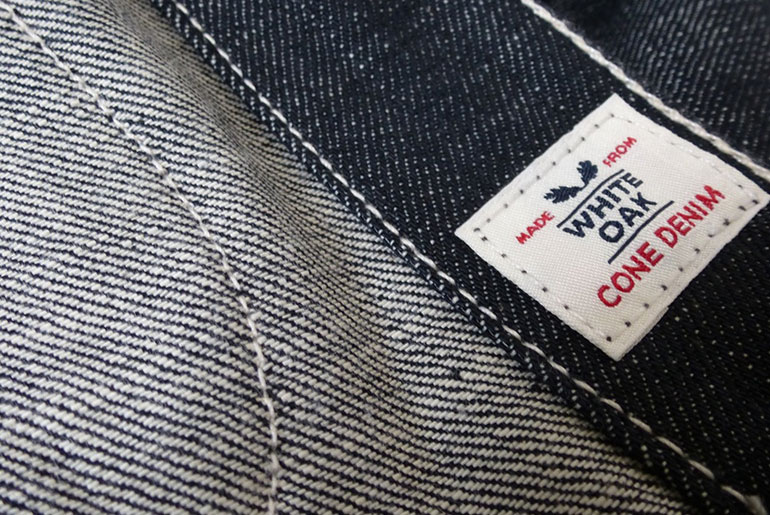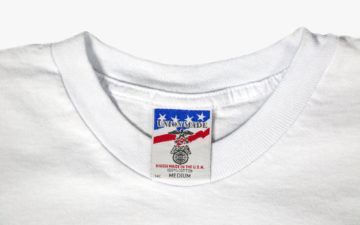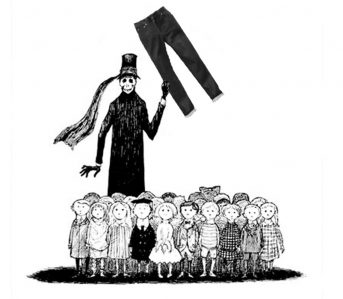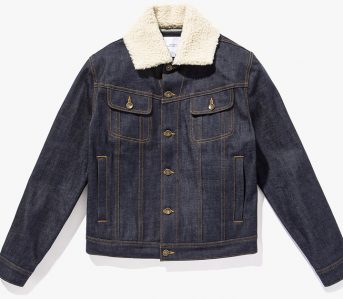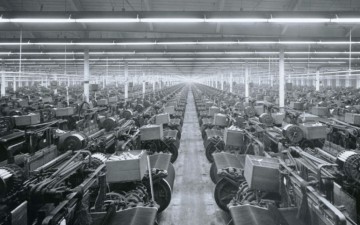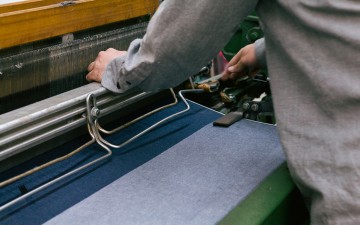If you’re even tangentially interested in the world of denim and vintage clothing, then you are almost undoubtedly aware of Cone Mills and their White Oak Plant, the last remaining selvedge denim mill on American soil. White Oak has cranked out millions of yards of denim over the past century, and chances are you have, or have had, some on your legs.
Well, Cone’s got a brand new boss. Cone Mills’s parent company, International Textile Group (ITG), was recently acquired by the Beverly Hills private equity firm, Platinum Equity for an undisclosed amount.
“Under the new ownership, Kenneth T. Kunberger, International Textile Group’s president and chief executive, will continue in his role. “This is an exciting time for ITG,” Kunberger said. “We believe Platinum Equity and ITG’s goals and strategies are well aligned and provide a strong foundation on which to further leverage ITG’s performance innovations and brand heritage across our global markets.” (Via Apparel News)
If it’s been a while since you last saw American Psycho, here’s a little economics lesson on private equity (PE) firms. PEs pool together loads and loads of cash from private investors to buy out at least a majority control of already established (and usually flagging) companies. There’s little “love for the craft” of the companies in PE, it’s exclusively a business transaction to get a return on the private investors’ money. In this sense, they’re sort of the used-car-salesmen of the financial world as they only buy companies they think they can get the most money out of in the relatively short term. Platinum, for example, has completed over 185 acquisitions since the start of the firm in 1995, but they only have about 30 in their current portfolio so at least 155 have been flipped.
This usually happens in one of two ways: the company is already doing well so they buff out a few dings and slap on a fresh coat of paint OR it’s not so they take it to the chop shop and sell it off for scrap. The fact that they’re keeping Kunberger in charge suggests Platinum is interested in doing the former. Their track record, however, shows that they usually do the latter.
Platinum is known as one of the more heavy cost cutting firms in the industry, stripping out “unnecessary” parts of the businesses they acquire until they turn an acceptable profit. When they acquired San Diego’s Union-Tribune newspaper in 2009:
“Platinum has replaced or laid off six of the Union-Tribune‘s top eight managers since taking over, and it cut 18 percent, or 192 people, of the staff three days after the deal was completed. It has also hired consultants to monitor the productivity of reporters and editors and is looking to rent out the top two floors of the newspaper’s headquarters.
There are fewer news pages, a stand-alone Sunday opinion section has been eliminated, and some of the paper’s most seasoned journalists are gone. Newsroom staffing is about 200 employees, down from 250 at the time of the sale, and another round of layoffs is expected next week…” (via Adweek)
Those layoffs helped Platinum triple their money when they sold the paper less than six months later. That was a chop-shop style “value” play, as they’re referred to in PE-speak. This is opposed to a “growth” play, where a company is developing rapidly and the firm just wants to add more fuel to the fire. A look at ITG’s stock chart, however, shows that this is probably not the case as the company has failed to pick up steam since the 2008 recession.
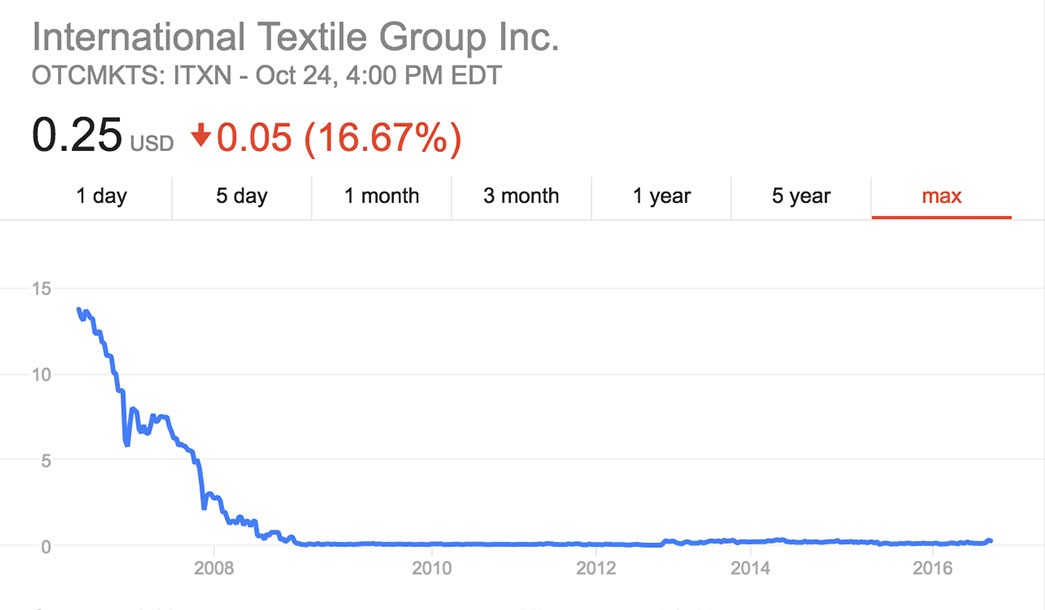
Image via Google.
So we get to White Oak in Greensboro, North Carolina. The last bastion of American selvedge has never been a huge money-maker for Cone, but is a mecca of the denim business and has been for the last 125 years. And as SEC filings show, ITG has operated at a loss for nearly a decade now, so White Oak might be a line item they don’t want to keep operating.
All talk right now is purely speculative, and it’s important to not unfairly villainize Platinum, because without them, ITG might have just ceased to exist entirely. But let’s hope Cone’s new owners have as much care for their product as we do.

